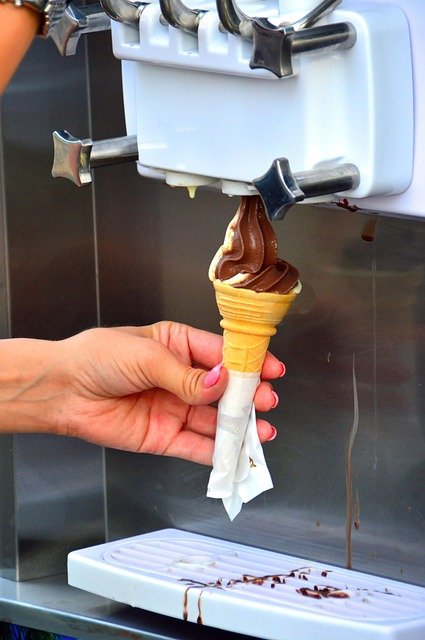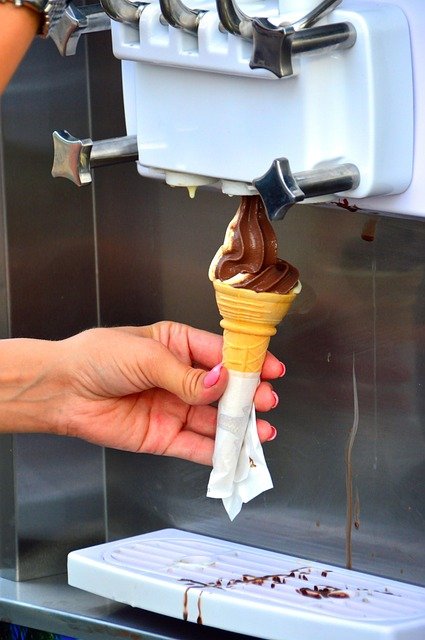Essential Guide to Commercial Ice Makers for Businesses
July 9, 2025 | by li, moniker

Why Investing in a Commercial Ice Maker is Essential for Your Business
Whether you run a restaurant, bar, hotel, or any business that relies on a steady supply of ice, a Commercial Ice Maker is a critical investment. Unlike residential models, commercial ice machines are designed for high-volume production, durability, and efficiency—ensuring you never run out of ice during peak hours. Choosing the right unit can impact operational costs, customer satisfaction, and even hygiene standards. This article explores key factors to consider when purchasing a commercial ice maker, from capacity and ice type to energy efficiency and maintenance. By the end, you’ll have a clear understanding of how to select the best machine for your business needs.
Determining the Right Capacity for Your Business
One of the first considerations when buying a commercial ice maker is capacity. How much ice does your business consume daily? Underestimating can lead to shortages, while overestimating wastes energy and space. Most commercial ice makers list their output in pounds per 24 hours. For example, a small café may only need 100-200 lbs, while a busy nightclub might require 1,000+ lbs. Additionally, consider peak demand periods—do you need extra ice during weekends or events? Matching the machine’s production rate to your actual needs ensures efficiency and cost-effectiveness.
Types of Ice and Their Best Uses
Not all ice is created equal. Commercial ice makers produce different shapes—cubes, nuggets, flakes, and gourmet ice—each suited for specific applications. Cube ice is versatile, ideal for drinks and food displays. Nugget ice, softer and chewable, is popular in healthcare and fast-food beverages. Flake ice cools seafood and salad bars quickly due to its high surface area. Meanwhile, gourmet ice, clear and slow-melting, enhances upscale cocktails. The right choice depends on your industry and customer expectations. A bar might prioritize clarity and melt resistance, while a hospital may prefer chewable ice for patient comfort.
Energy Efficiency and Long-Term Savings
Commercial ice makers run continuously, making energy efficiency a crucial factor. Look for ENERGY STAR® certified models, which consume less electricity and water without sacrificing output. Air-cooled units are common but use more energy, while water-cooled models are efficient but require a dedicated water line. Additionally, modern machines with smart sensors adjust production based on demand, reducing waste. Though energy-efficient models may have a higher upfront cost, they lower utility bills over time, offering a better return on investment. Regular maintenance, like cleaning coils and checking filters, also prolongs efficiency and machine lifespan.
Maintenance and Hygiene Considerations
A poorly maintained ice maker can harbor bacteria, affecting both taste and safety. Regular cleaning with food-grade sanitizers prevents scale buildup and contamination. Some models feature self-cleaning functions, simplifying upkeep. Additionally, consider ease of access for servicing—removable panels and accessible components reduce downtime. Investing in a unit with a reliable filtration system ensures clean, odor-free ice. Neglecting maintenance not only risks health violations but also increases repair costs. A well-maintained machine operates at peak performance, delivering consistent ice quality while minimizing unexpected breakdowns.
Making the Right Choice for Your Business
Purchasing a Commercial Ice Maker requires careful evaluation of capacity, ice type, energy efficiency, and maintenance needs. A machine that aligns with your daily demand ensures smooth operations, while the right ice style enhances customer experience. Energy-efficient models reduce long-term costs, and proper hygiene practices safeguard both your reputation and compliance. By weighing these factors, you can select a reliable ice maker that meets your business’s unique requirements. Whether you’re upgrading an old unit or buying your first, this investment will pay off in efficiency, savings, and customer satisfaction for years to come.
RELATED POSTS
View all


